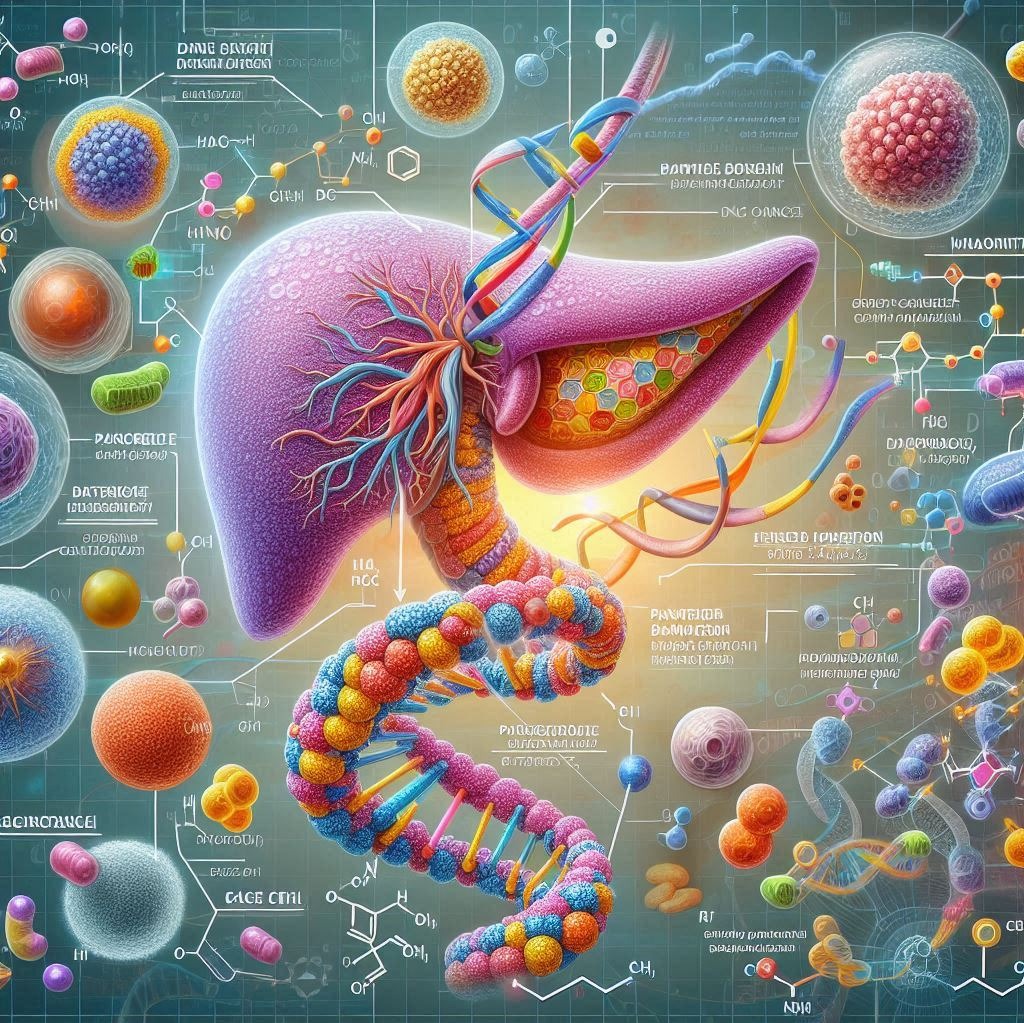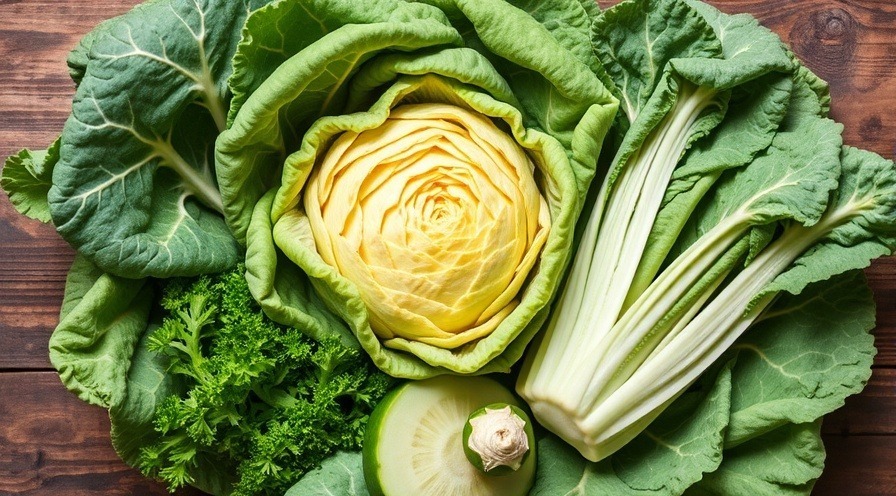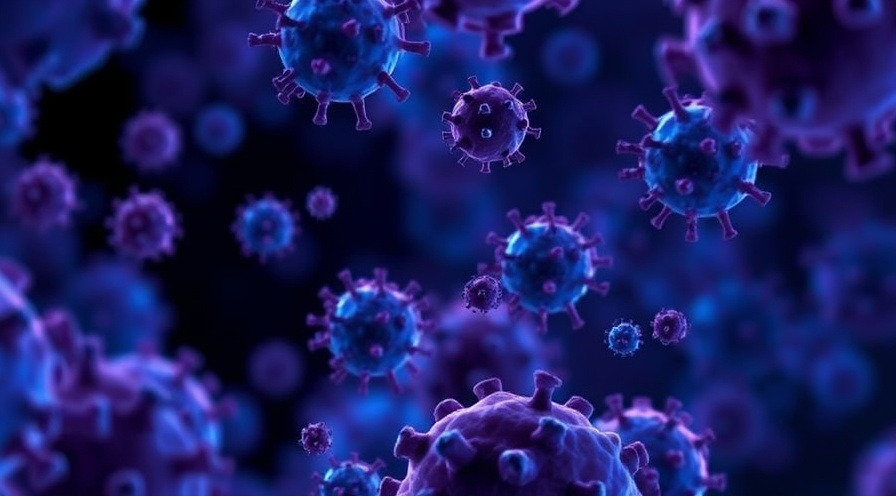
Turning Personal Tragedy into Purpose
When Dr. Kuehn’s father succumbed to pancreatic cancer, the sorrow was not merely personal; it ignited a fierce resolve within him. This experience did not just shape his emotional landscape but also propelled him into a life of research at the University of North Carolina (UNC). Far from being a passive observer, he embraced the challenge of understanding and combating such an elusive disease. In his quest, Dr. Kuehn sought to unravel the mysteries surrounding pancreatic cancer, a notoriously hard-to-diagnose condition that often leads to grave prognosis.
The Challenges of Pancreatic Cancer
Pancreatic cancer remains one of the deadliest forms of cancer, with a five-year survival rate hovering around 10%. The difficulty lies not only in its diagnosis but also in the limited treatment options available. Dr. Kuehn noted that most patients present with advanced-stage disease, complicating the effectiveness of treatment modalities aimed at the early stages of cancer. As he delved into research, the need for innovation became apparent – methods to detect this cancer sooner and therapies to treat it more effectively in its early stages were paramount.
Innovative Approaches Being Explored
In recent years, researchers in the field have turned their attention toward treatment modalities beyond the conventional chemotherapy and surgery. Dr. Kuehn emphasizes the importance of exploring biomarker-focused approaches that can change how pancreatic cancer is diagnosed and treated. The emerging use of immunotherapy and targeted therapy signals a new frontier in the battle against this disease. By utilizing novel biomarkers, clinicians could potentially identify patients who would benefit from specific treatments, revolutionizing patient care.
The Role of Genetic Research
One promising avenue within Kuehn’s research involves the genetic underpinnings of pancreatic cancer. As more is learned about the genetic mutations that drive this disease, scientists can create targeted therapeutics, aiming to intercept the disease at its root before it progresses. Currently, the identification of BRCA mutations and other genetic markers strengthens the case for personalized medicine in oncology.
The Intersection of Research and Hope
The emotional burden that accompanies such personal ties to research cannot be understated. Dr. Kuehn’s work symbolizes the resolve of many researchers who have been personally affected by cancer. It provides a beacon of hope not just for himself but for all those engaged in similar battles. The fight against pancreatic cancer is not just a scientific endeavor; it is a mission driven by stories of loss, perseverance, and an unwavering belief that through research, change is possible.

Future Research Directions
Looking ahead, Dr. Kuehn continues to focus on collaborative research efforts within the UNC community, fostering partnerships across disciplines to stimulate innovative solutions. The gravity of pancreatic cancer's impact has mobilized a network of scientists who, like Kuehn, are determined to make strides in detection and treatment. As research evolves, the integration of data from various fields has the potential to unveil new insights into this intricate disease.
What This Means for Patients and Families
The findings and advancements pioneered by researchers such as Dr. Kuehn could herald a new era for patients at risk or diagnosed with pancreatic cancer. As detection methods improve and new therapies emerge, patients may find themselves in a more favorable position than those who came before them. Such advancements promise to provide not only better survival rates but enhanced quality of life as well.
Final Words
As this vital research unfolds, there is an urgent need for community support. Engagement in awareness campaigns about pancreatic cancer can foster understanding and aid in funding essential research initiatives. By participating in educational efforts or contributing financially to research endeavors, we can be part of the solution against this formidable foe.
 Add Row
Add Row  Add
Add 




Write A Comment